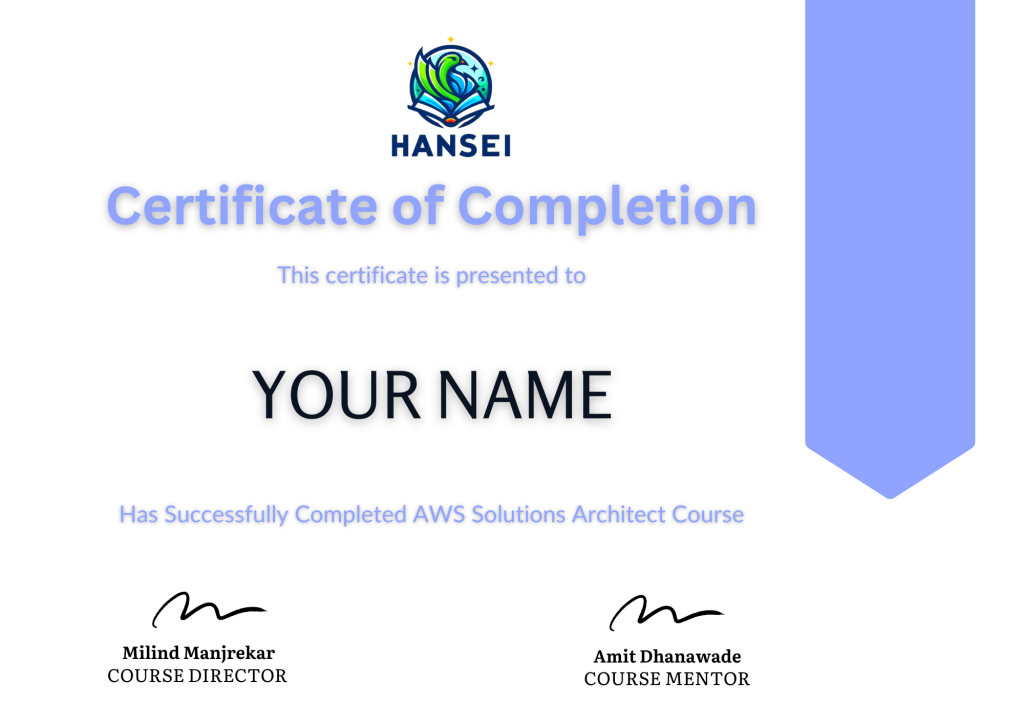- 40 Hours
- beginner
- 33 lessons
About
This course explores the various tools and techniques commonly used by Linux system administrators and end users to achieve their day-to-day work in a Linux environment.
Linux System Administration
This course explores the various tools and techniques commonly used by Linux system administrators and end users to achieve their day-to-day work in a Linux environment. You will gain a good working knowledge of Linux and learn how to navigate through major Linux distributions, system configurations and graphical interface of Linux, basic command line operations, common applications of Linux, and more.
A Linux System Administrator is equipped with a broad range of skills. They can understand and use essential tools for handling files, directories, and command-line environments, and are adept at creating simple shell scripts. They can operate running systems, including booting into different run levels, identifying processes, and managing virtual machines and services. They are proficient in configuring local storage using partitions and logical volumes, and can create and configure file systems with various attributes such as permissions, encryption, access control lists, and network file systems. They are capable of deploying, configuring, and maintaining systems, including software installation, updates, and core services. They can manage users and groups, and handle security aspects, including basic firewall. Lastly, they have the ability to perform basic container management.
Prerequisites
- For hands-on lab exercises, access to a public cloud provider, or VirtualBox on your machine is needed.
Target audiences
- This Introduction to Linux course is designed for users who have limited or no previous exposure to Linux, whether they are working in an individual or enterprise environment.
skills you'll gain
FAQ
Why learn Linux?
Linux is an open-source, versatile and a widely used operating system delivered with a host of utilities that makes your life easier. Learning Linux is easy and can help open up opportunities for your career growth. Along with Linux, mastering skills like troubleshooting and network support can help boost your resume.
What is the best way to learn Linux?
Hansei’s Linux Fundamentals Certification Training is the best training module you need to master the technology and look to make a career in it. We also provide a plethora of free tutorials and blogs that will help you get started with Linux and cover the basics well.
What are the career progression and opportunities after learning Linux?
If you have good expertise in Linux OS, network management, troubleshooting and administration, then you can expect a fantastic career growth. Linux is widely used and implemented in the market today with companies like Oracle, IBM, Google and Facebook all using Linux in some capacity.
What are the skills needed to master Linux?
There are no such skill-set required to master Linux. Having basic functional knowledge of Operating Systems will be an add-on when you learn Linux.
What is the future scope of Linux?
Linux reach in the technology market is only predicted to grow further. More and more organizations are looking to adopt Linux in their systems. Getting certified in Linux can help you grow further in your career.
How can a beginner learn Linux?
We have compiled an extensive list of blogs and free tutorials to help out beginners who are looking to master Linux. You can check them out on our Youtube and blogging channels! Once you are done with that, our certification training program will make you a master of Linux.
What is the average salary for Linux certified professional?
Linux admin and developers are in great demand in the job market. With average pay going between $100,000/- to $140,000/- depending on the magnitude of the project and your experience.
Earn a career certificate
- Professional Recognition: It serves as proof of your dedication and accomplishment, which can be recognized by employers and peers.
- Skill Validation: The certificate validates the skills you’ve acquired, demonstrating your expertise in the subject matter.
- Motivation and Achievement: It can fuel motivation and provide a sense of achievement, encouraging continuous learning and development.
- Enhanced Resume: Adding the certificate to your resume can enhance your job prospects by showcasing your commitment to professional development.
- Trust and Credibility: For course creators, offering certificates can help build trust with students and establish credibility for the course.

Modules
Log in to local and remote Linux systems, and investigate problem resolution methods provided through Red Hat Insights and support.
Copy, move, create, delete, and organize files while working from the bash shell.
Create, manage, and delete local users and groups and administer local password policies.
Set Linux file system permissions on files and to interpret the security effects of different permission settings.
Evaluate and control processes, set tuning parameters, and adjust process scheduling priorities on a Red Hat Enterprise Linux system.
Download, install, update, and manage software packages from Red Hat and DNF package repositories.
Create and manage storage devices, partitions, file systems, and swap spaces from the command line.
Control and monitor network services, system daemons, and the boot process using systemd.
Configure network interfaces and settings on Red Hat Enterprise Linux servers.
Locate and accurately interpret logs of system events for troubleshooting purposes.
Create and manage logical volumes containing file systems and swap spaces from the command line, and configure advanced storage features with Stratis and VDO.
Schedule tasks to automatically execute in the future.
Access network-attached storage, using the NFS protocol.
Control network connections to services using the system firewall and SELinux rules.
Obtain, run, and manage simple, lightweight services as containers on a single Red Hat Enterprise Linux server.
July 15th
Weekday
MON to FRI
09:30 AM to 1:30 PM (IST)